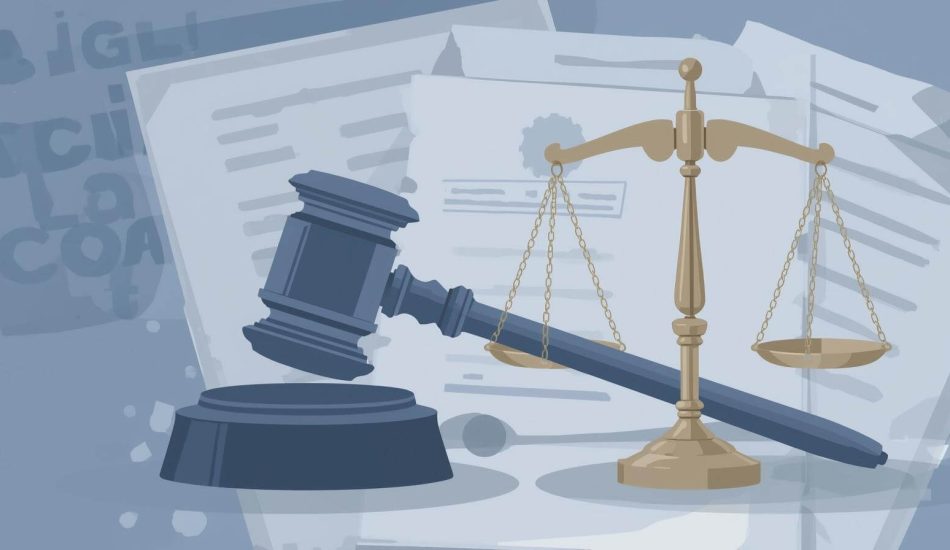
On Friday October 3rd, Governor Josh Stein signed House Bill 307 into law, also known as Iyrna’s Law. This new law makes some drastic changes to the current criminal landscape, significantly impacting how judges and magistrates will handle pretrial release and bail decisions. Under previous North Carolina law, most people charged with crimes were entitled to some form of pretrial release, usually through an unsecured bond, written promise to appear or a secured bond.
At a first appearance, judges are expected to set bond conditions that ensure the defendant’s appearance in court and also takes into account the safety of the community. In practice, this applied even to individuals charged with serious felonies, often receiving a set bond within hours of arrest. Below you will find a breakdown of what’s changing, how it differs from the prior law and what this means for defendants facing more serious criminal charges.
Presumption Against the Release of “Violent Offenders”
The new law creates something called a “rebuttable presumption” that individuals who have been charged with a violent offense should not be released at any point prior to trial. A rebuttable presumption places the burden on the defense to demonstrate that releasing the individual charged prior to trial would not endanger the public or risk a nonappearance at a later court date. Essentially, people charged with violent crimes will have no bond set and their defense attorneys will need to argue on their behalf that a bond should be set in the matter.
Violent Offenses have been broadly defined to include most Class A through G felonies. These include certain sex offenses, assaults involving the threat or use of physical force and even some drug cases, specifically those involving fentanyl. If the presumption is overcome by the arguments of the defense, the Judge (not a magistrate) must make written findings explaining their decision to set a bond and potentially allow pretrial release.
The requirement of written findings will apply not only to someone who has been charged with a violent offense but also any person who has been convicted of three or more offenses in separate sessions of court, each having a classification level of a Class 1 Misdemeanor or higher. The court’s “look back period” for these three convictions will span ten years from the time they appear in front of the judge. See § 15A-523(d).
It is important to remember that the people who have been charged with such violent felonies, class A through G, have not yet been convicted, nor have they had their day in court. All of this must be addressed long before the defendant ever sees the evidence against them or the State has been required to prove anything.
Mandatory Secured Bonds for Repeat or “High Risk” Offenders
The new law further limits the use of unsecured bonds for defendants with prior criminal histories or those who are currently on probation or pretrial release for another charge. This change is intended to reduce recidivism during pretrial release. It will also, inevitably, lead to the court setting high bond amounts and longer pretrial detention periods, with the inclusion of a mandatory secured bond.
Defendants who have been charged with committing the same crime twice, regardless of conviction status, must post a secured bond or be placed on house arrest with electronic monitoring. This applies to not only the high-level felonies but will also include any Class A1 Misdemeanor charges involving the possession or use of a firearm.
If a defendant has been charged with a new crime while out on pretrial release, the new bond set must be at least double the prior bond set or must be set at the minimum of $1,000 secured bond.
Final Thoughts and Lasting Impressions on the Change
For defendants and their attorneys, Iryna’s law raises the stakes early in the case. Bond hearings will require thorough preparation, including mitigation materials, mental health documentation, where applicable, and evidence of community ties. The rebuttable presumption is certainly an uphill battle, but with the right mitigation and facts, it is potentially able to be overcome in order to get a judge to set a secured bond.
For defendants and their families, the new law underscores the importance of retaining counsel quickly. The first 48 to 72 hours following the arrest will be critical for gathering records, contacting necessary witnesses and ultimately advocating for release before a judge.
Overall, the biggest impact will fall on defendants charged with serious felonies. In contrast, low-level, nonviolent charges will remain mostly the same. The main exception is the removal of the written promise to appear, and the expanded discretion judges now have, to deny unsecured bonds when they believe a defendant poses a risk to the community.
It’s also important to note that if there is not enough information to determine whether a defendant poses a danger to the public, the law authorizes a temporary detention period of up to 72 hours (96 hours on long weekends) until the judge can decide. Previously most defendants appeared before a magistrate within a few hours of the arrest but under the new system, many will need to wait several days before a bond is even set.
As the law takes effect on December 1, 2025, defense attorneys, judges and families alike should prepare for a more stringent and time-consuming pretrial release process in North Carolina.
If you or a loved one has been arrested and charged with a criminal offense in Raleigh or Wake County, call 919-650-2851 to set up a time to talk with an experienced criminal defense attorney today. Contact us.


